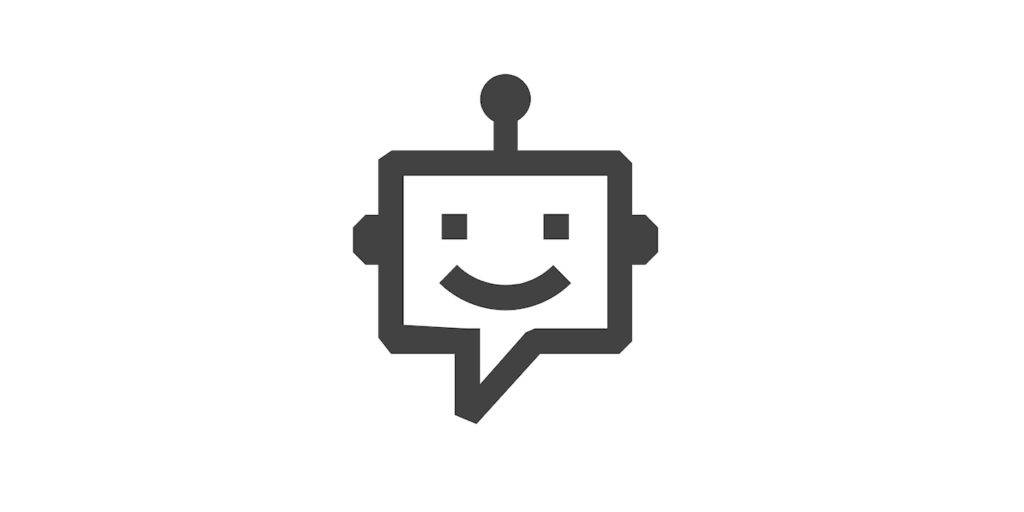OpenAdapt
Basic Information
OpenAdapt is an open source Python library that acts as an adapter between large multimodal models (LMMs) and traditional desktop and web graphical user interfaces to enable AI-first process automation. It is designed for developers and researchers who want to record human GUI interactions, convert screenshots and input into tokenized representations, learn from demonstrations, and generate synthetic input or replay actions to automate repetitive workflows. The project is model-agnostic, supports virtualized and web GUIs, and focuses on grounding model behavior in recorded processes to reduce hallucinations. It includes CLI tools, a web dashboard, a browser extension for capturing events, and a set of replay strategies and data models for recordings, action events, screenshots, and window events. The codebase is MIT licensed and intended as a development platform for building, evaluating, and iterating on LMM-driven GUI automation.








